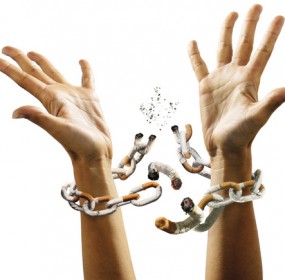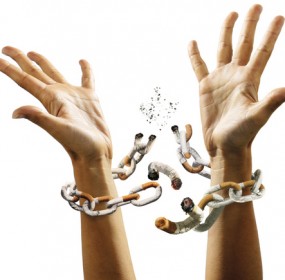
The struggle against addictive substances
(21st Congress – November 2010)
We live in a social reality in which money is projected as the supreme value and its acquisition by any fair or unfair means is viewed as the ultimate goal. Today social reality is characterised by a crisis of values and institutions, by phenomena of corruption in which social relations are dominated by harsh and relentless competition. Such a situation favours the spread and use of addictive substances. On the other hand, within the framework of the international distribution of labour, the wretchedness of entire countries has transformed them into sites for the production and trafficking of narcotic drugs. The vast profits from the trafficking of such substances have led to the creation of entire illegal networks that have reached as far as our country too.
The spread and use of drugs does not only concern some marginalised groups but has taken on broader social dimensions.
The strengthening of our own social intervention, the efforts to improve social conditions and make them healthier, are part of our overall struggle against trafficking and use of illegal drugs.
We appreciate the efforts made by the state and the competent authorities to combat the drugs problem. However, at the same time we are also diametrically opposed to any approach that says that the war on drugs can be fought only by strengthening the coercive machinery. Our proposal is based on a set of measures relating to prevention – treatment- rehabilitation- suppression of trafficking, with the emphasis on prevention. We uphold positions of principle:
- Prevention should include proper information as its constituent part.
- It is essential to create all those proper conditions so that young people will develop a mature personality able to resist drugs. Our philosophy is focused on arming the youth people with values, ideals and visions capable of creating within them the necessary resistance against drugs so that as few young people as possible will fall victims to drugs.
- We are totally opposed to any ideas of superficially distinguishing between “soft” and hard drugs, but also to their legalisation.
The following contribute to the fight against drugs:
- The upgrading and modernisation of free public education,
- The combating of unemployment, especially among the young,
- The further development of amateur cultural activities with the establishment of more multi-use youth centres through the direct and dynamic involvement of local government,
- The development of mass popular sports for all,
- The elaboration of special educational programmes for teachers, parents, the judiciary and other interested parties involved in the overall battle effort,
- The establishment of special treatment hostels with specialised, individualised treatment and rehabilitation programmes, so that no user is sent to prison,
- The revision of the law so that attention is turned towards the traffickers and not the users,
- The further intensification of the activities of the Anti-Drugs Council through the constant study and monitoring of the drugs phenomenon based on scientifically documented studies and research.
Within this framework, we must welcome the adoption of a large number of measures in this direction by the present government and the elaboration of the new national strategy 2009 – 2013. The adoption of the institution of the Co-ordinator of the Anti-Drugs Council is a positive step that will give weight and flexibility to the Anti-Drugs Council.
AKEL and the Peoples Movement as a whole will continue to be at the forefront of the struggle against addictive substances and will put forward positions and proposals, mobilise its forces among the youth and local government and work with ADC, with all agencies, voluntary organisations and society as a whole in order to create a social front against addictive substances.

